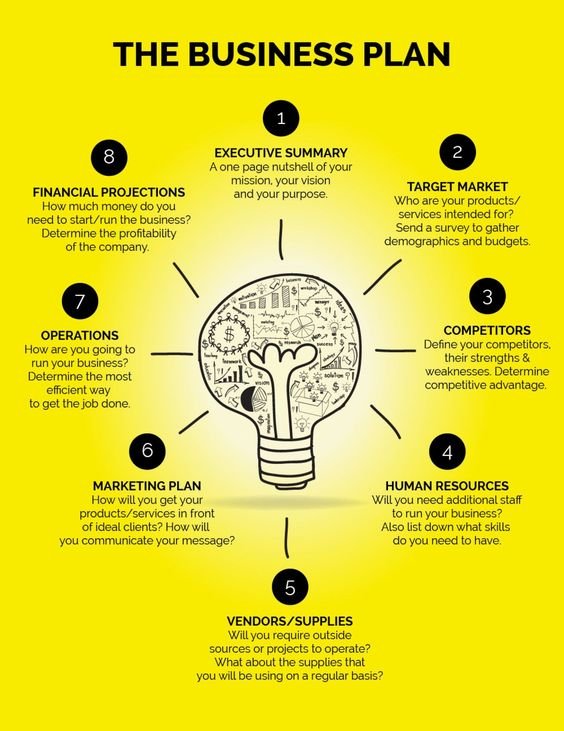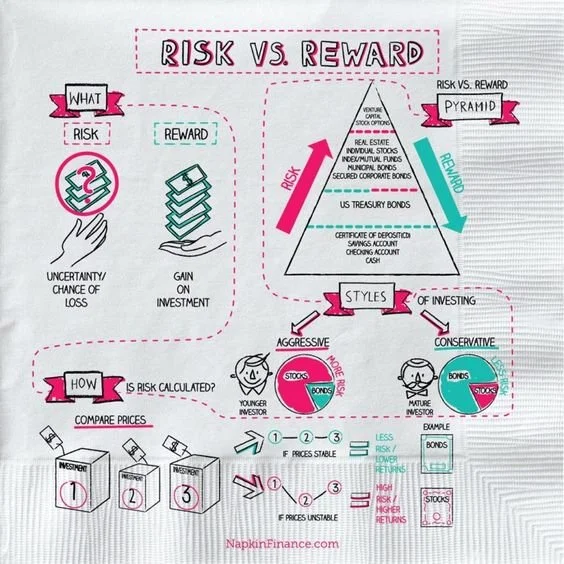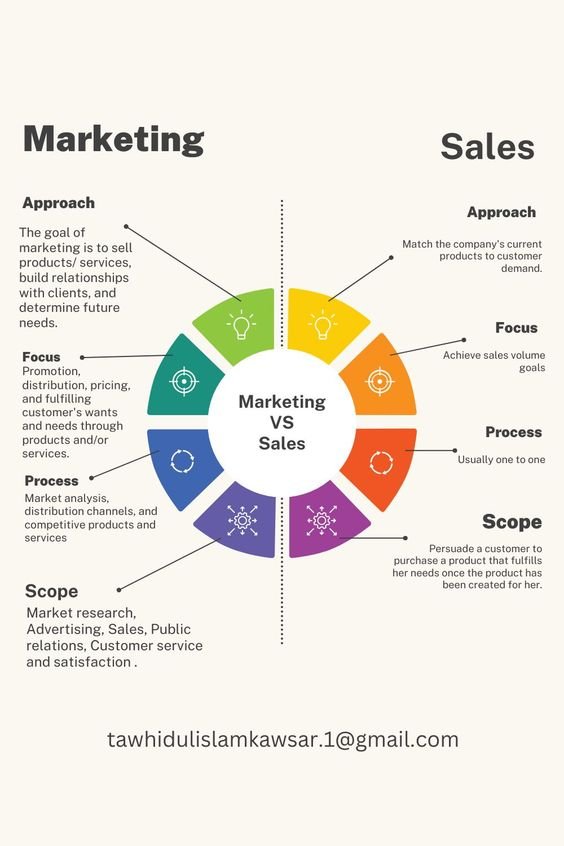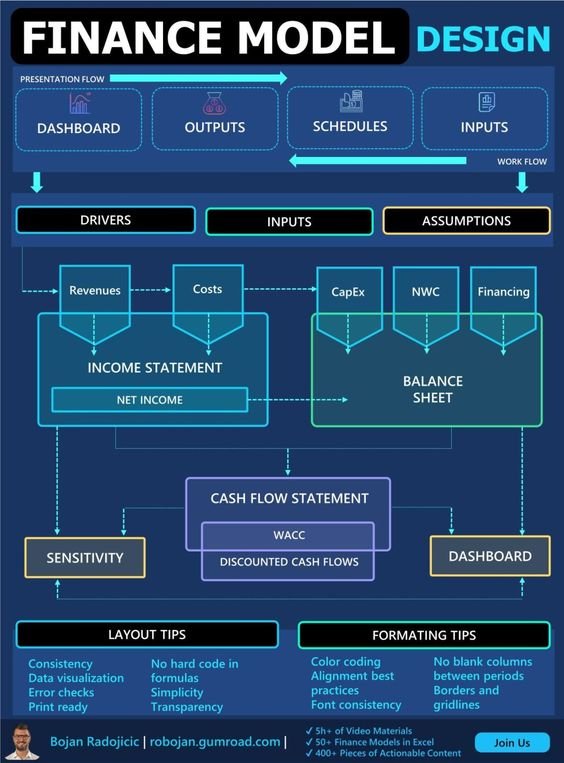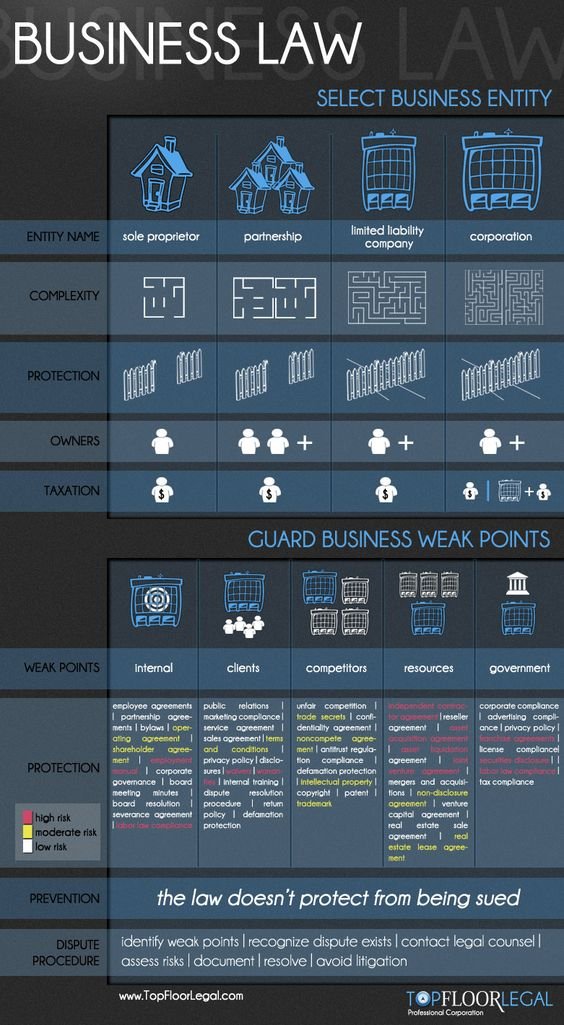10 Things Every Entrepreneur Needs to Know Before Starting A Business
I have not failed. I've just found 10,000 ways that won't work.” —Thomas Edison, perhaps the greatest innovator of all time, giving humanity light not by the fire, but by the lightbulb. He revolutionized the way earth used electricity.
Failure is an option here. If things are not failing, you are not innovating enough.” - Elon Musk, 2nd richest man in the world, with a net worth of $194 billion as of today.
It’s pretty common to romanticize the journey from an idea to a business, but in actuality, it’s riddled with hardship and won insights. "The Entrepreneur's Playbook" by Leonard C. Green is one book that condenses all of his experiences as a millionaire and professor at Babson College (one of the best colleges in the world for entrepreneurs) into practical steps for any new entrepreneur. In his book, Green discusses the absolute importance of 100 things entrepreneurs should know before starting a business. This article will go over the ten most critical points I found from a text intended toward taking an ordinary person from a status where he is just in business to that of a successful business owner.
Actually make sure to read and thoroughly understand the graphics that are presented with the text. They’ll fill in anything you may be wondering about and make it easier for you to retain what you read. Let’s get to the first piece of Green’s advice to young aspiring entrepreneurs.
1. The Entrepreneurial Mindset
Innovate More. Wait less. Opportunity Awaits those who chase it.
The entrepreneurial mindset is possibly the most important tip out of all of Green’s advice.
Green notes that at the foundation of entrepreneurship is the acceptance of a particular mindset. To an entrepreneur, a problem is only an opportunity for something new. In addition, entrepreneurs have an unlimited belief that they can come up with a new idea by themselves. That’s important. This way of thinking builds in resiliency, which any successful business must have to live through its inevitable ebbs and flows.
2. Opportunity Discovery
Green also supports this by saying that if you want to be an entrepreneur, you should be curious and observant every time for any gap in the market. It can just come out of personal experience or listening closely to people's problems when he can identify a particular need that is not being adequately met.
3. Business Planning
Planning is absolutely vital when it comes to organizing and starting a business. Don’t overlook this step.
A solid business plan is crucial. It serves as a guideline, indicating what you're working towards, how you want to attain these goals, and what type of income you hope to earn. Green underscores the need to be flexible, as much as a plan may be pretty desirable. The ability to change gears when necessary could separate success from failure.
4. Financing Your Venture
Access to capital is one of the biggest obstacles to entrepreneurship. Green provides a rich outline of how to go about financing your venture, including bootstrapping, crowdfunding, venture capital, and loans. Understanding the pros and cons of each method empowers entrepreneurs to choose a method best suited for their business model and growth stage.
5. Team Building
No entrepreneur can be successful alone. Green underlines the importance of being around a vibrant team of talented people; leadership is not all about hiring the right staff members but keeping up a good culture of working together and innovating.
6. Marketing and Sales
A great product will take you nowhere without excellent marketing and sales. Green talks all about the salient marketing principles that need to be adhered to such as the knowledge of one's target market, having an extremely clear value proposition, and the multiple marketing channels. He also mentions how robust customer relationships can attract more sales and loyalty.
7. Financial Management
Understanding the basic principles of handling finances is necessary for keeping any business alive and growing. Green talks about budgeting and how to manage cash flow and forecast finances. Having a consistent picture of a company's financial condition will enable an entrepreneur to make proper decisions and keep them clear of common financial pitfalls.
8. Legal Considerations
Knowing the legal environment in which a company operates is another significant part of entrepreneurship. Green highlights a number of key legal considerations: business structure, protection for intellectual property, and conformity with regulation. Incorporating these elements in the preparations ensures that no issue arises in the form of law that may derail the business.
9. Innovation and Adaptability
Being proactive helps to act before time. Green recommends that entrepreneurs innovate continuously and constantly be on the lookout for ways to improve and adapt. This involves staying informed of industry trends and embracing change.
10. How to Scale the Business
Once your business gains traction, it’s time to scale. Green provides ways of growing steadily and ensures that firms don't lose quality and clients during growth. He also explains what challenges can be encountered once scaling and how to be proactive against them.
Overall…
"The Entrepreneur's Playbook" by Leonard C. Green is the most valuable book for anyone interested in becoming an entrepreneur. These 10 tips to starting and running a business, from mindset, identifying the opportunity, planning, financing, team-building, marketing, financial management, legal considerations, innovation, and scaling, paves the way to empower ordinary people with the knowledge and confidence needed to go on their entrepreneurship path. This book is not about just getting money; it's about building a business that can last and bring value in all aspects of its doing. See you soon for an exciting and useful article.
If you enjoyed today’s article, I’d love to have you as a subscriber. I won’t bombard you with annoying emails all the time. And that’s a promise! Thanks for reading this far.



